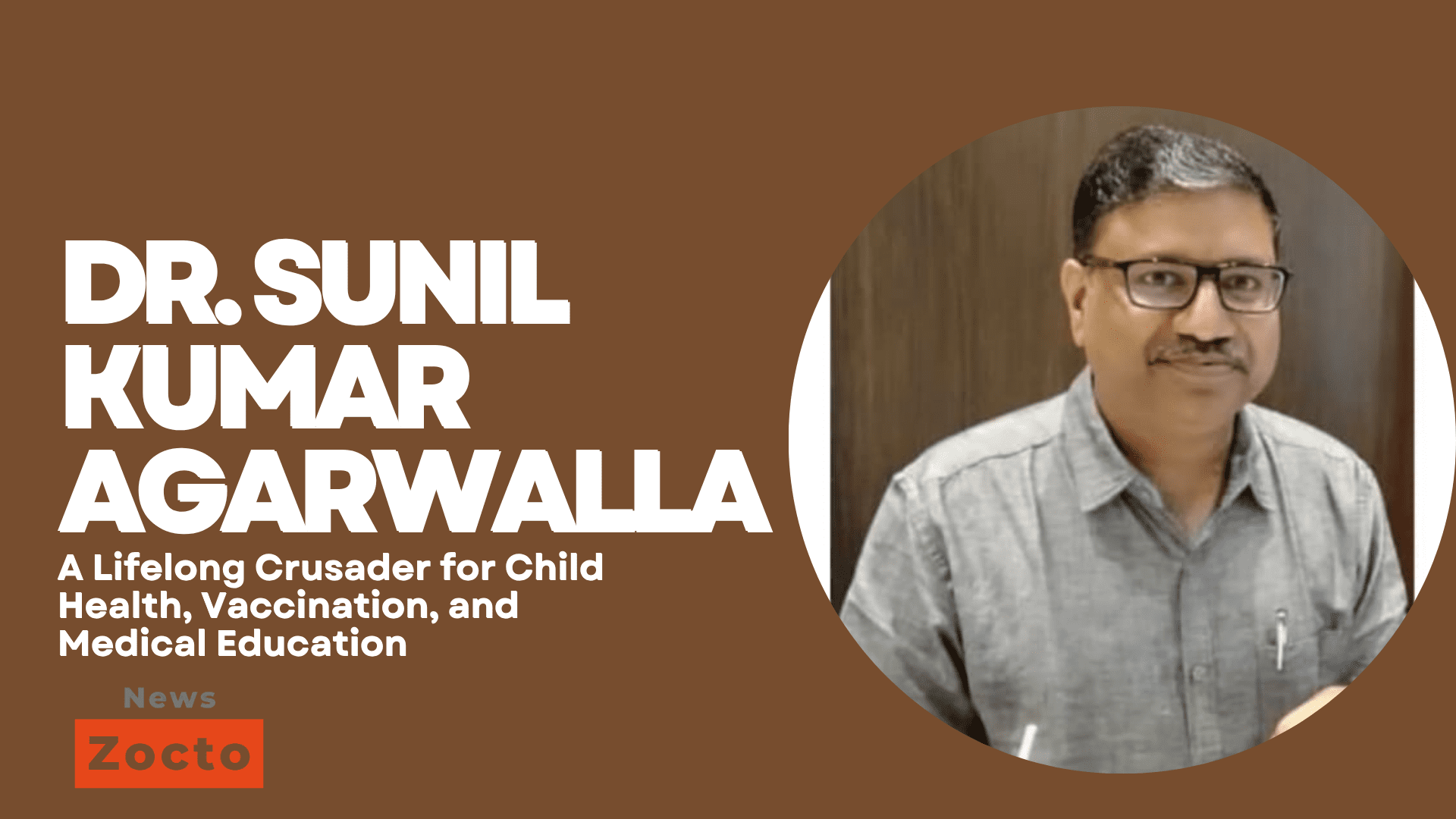Substance abuse remains a critical public health issue, affecting millions globally and leading to significant health risks. The misuse of alcohol, illicit drugs, and prescription medications can lead to myriad physical, mental, and social challenges. As society continues to confront this epidemic, organizations like Zocto have emerged as key players in understanding and addressing the health impacts of substance abuse. This article explores the health risks associated with substance abuse and delves into Zocto’s insights on effective strategies for mitigating these impacts.
Understanding Substance Abuse: A Comprehensive Overview of Health Risks
Substance abuse encompasses a range of harmful behaviors, including the excessive consumption of alcohol, the misuse of prescription drugs, and the use of illicit substances. Each of these behaviors poses distinct and severe health risks, ranging from acute medical emergencies to chronic health conditions. For instance, alcohol abuse can lead to liver disease, cardiovascular problems, and neurological impairments, while drug misuse can result in addiction, overdose, and long-term cognitive deficits. Understanding these risks is crucial for developing effective intervention strategies.
Furthermore, the health impacts of substance abuse extend beyond physical ailments. Mental health is significantly affected, with individuals struggling with substance abuse often facing co-occurring disorders such as depression, anxiety, and personality disorders. This dual burden complicates treatment and recovery processes, necessitating a comprehensive approach that addresses both mental and physical health. Additionally, social consequences, including strained relationships, loss of employment, and legal issues, further exacerbate the challenges faced by individuals dealing with substance abuse.
The epidemiology of substance abuse indicates a complex interplay of factors, including genetic predisposition, environmental influences, and social determinants of health. Communities with limited access to healthcare, education, and support resources often experience higher rates of substance abuse. Understanding these overarching influences is vital in tailoring prevention and intervention efforts. By acknowledging the multifaceted nature of substance abuse, stakeholders can work towards more effective solutions that encompass public policy, community engagement, and health education.
Zocto’s Insights: Effective Strategies for Mitigating Impact
Zocto, as a leading organization in health analytics and intervention strategies, offers valuable insights into mitigating the health impacts of substance abuse. One of its primary recommendations is the implementation of comprehensive prevention programs that educate individuals about the risks associated with substance abuse. These programs are tailored to specific demographics, addressing the unique challenges faced by various populations, including adolescents, veterans, and marginalized communities. Effective education facilitates informed decision-making and empowers individuals to make healthier choices.
In addition to prevention efforts, Zocto emphasizes the importance of early intervention for those already struggling with substance abuse. Early intervention strategies, including screening, brief interventions, and referrals to treatment, have proven to be effective in reducing substance misuse. By identifying at-risk individuals and providing timely support, healthcare providers can significantly improve outcomes and foster recovery. This proactive approach not only aids individuals but also alleviates the broader societal burden of substance abuse.
Moreover, Zocto advocates for collaborative efforts among healthcare providers, policymakers, and community organizations to create a supportive environment for recovery. Integrated care models that combine medical, psychological, and social support services are essential in addressing the complex needs of individuals affected by substance abuse. By fostering partnerships and encouraging resource sharing, communities can create a robust support network that enhances recovery opportunities and promotes long-term health and well-being.
In conclusion, the health impacts of substance abuse are profound and multifaceted, affecting individuals on physical, mental, and social levels. Organizations like Zocto play a pivotal role in providing insights and strategies to mitigate these impacts. By focusing on comprehensive prevention, early intervention, and collaborative community efforts, we can work towards reducing the prevalence of substance abuse and fostering healthier societies. As we continue to navigate this pressing public health challenge, it is imperative that we prioritize education, support, and effective intervention strategies to improve the lives of those affected by substance abuse.




